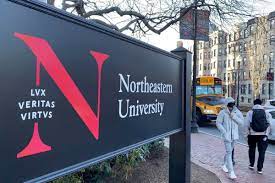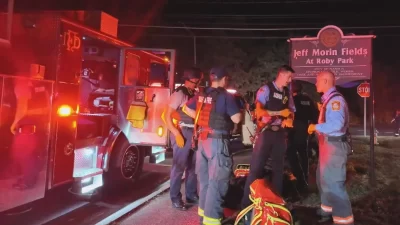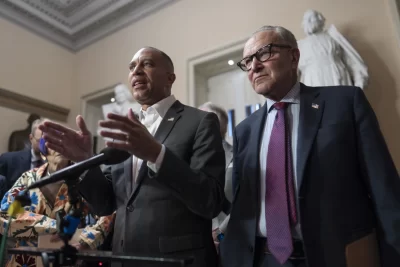
Supporters of potential Massachusetts ballot questions — from legalizing natural psychedelics to ending the MCAS exam as a high school graduation requirement — scrambled Wednesday to meet a key deadline.
Activists were required to submit the signatures of nearly 75,000 voters to local town clerks by the end of the day.
Among the questions are ones that would require tipped workers to be paid the minimum wage and legalize the possession and supervised use of natural psychedelics, including psilocybin mushrooms.
Drivers for Uber and Lyft who are seeking the right to unionize in Massachusetts say they’ve collected more than enough signatures to bring their ballot question to voters next year.
Backers of the question said state lawmakers could resolve the issue sooner by approving a bill that would give drivers the right to unionize. They said in recent years the Legislature has given home health workers and home-based childcare workers the right to form a union.
Supporters of a ballot question being pushed by Democratic State Auditor Diana DiZoglio that would allow audits of the state Legislature also say they’ve collected the needed signatures.
“Beacon Hill cannot continue its closed-door, opaque operations with so much at stake,” DiZoglio said.
The future of the question is unclear. Democratic Attorney General Andrea Campbell has argued that DiZoglio’s office doesn’t have the authority to unilaterally probe the legislative branch.
DiZoglio said she’s pressing ahead with the ballot question anyway.
The state’s largest teacher’s union said it collected more than enough signatures for a question that would remove the state’s MCAS test as a graduation requirement for high school students, long a sticking point for the union and other critics of the requirement.
Another question that would phase out the practice of allowing restaurants to pay employees $6.75 an hour if tips make up the difference between that and the standard $15 minimum wage also could hit the ballot next year. The question would instead require tipped employees be paid the minimum wage.
A question that would have repealed the state’s 1994 ban on rent control failed to make the cut.
Once the signatures are certified and counted, lawmakers have the option of passing the bills into law. If they don’t, supporters will need to collect another nearly 12,500 signatures to secure a spot on next year’s ballot.







